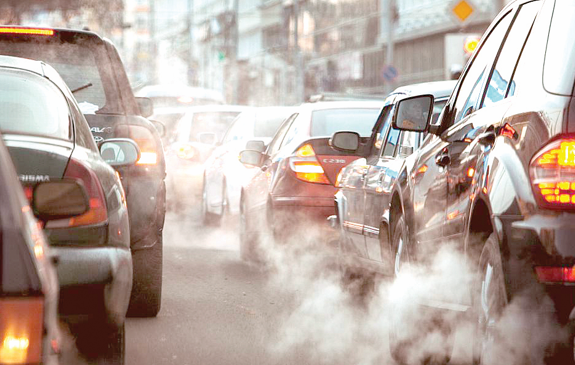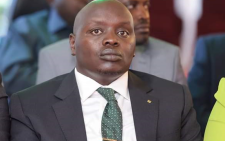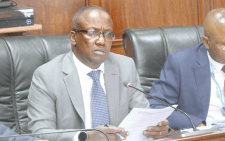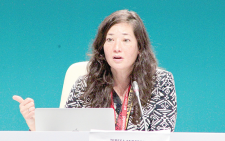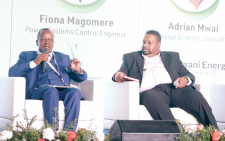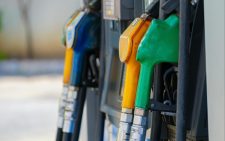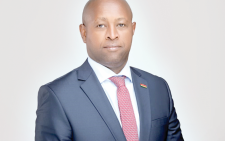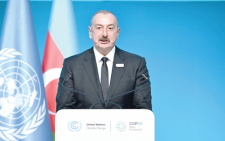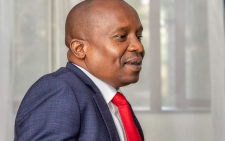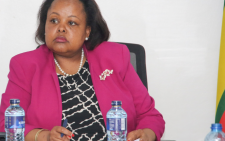One of the major discussions at the UN Climate Conference (COP29) in Baku, Azerbaijan will focus on building international consensus around pathways to drive energy sector emissions to net zero and limit global warming to 1.5 °C.
The COP29 Presidency and the International Energy Agency (IEA) have held high-level energy transition dialogues to support the climate summit. Co-chaired by IEA Executive Director Fatih Birol and COP29 President Mukhtar Babayev, the dialogues have involved the UN Framework Convention on Climate Change (UNFCC).
The meetings are a continuation of the successful series at COP28 in Dubai and aim to share their actions to align with the pathway to drive the two key goals and implement the ambitious energy goals agreed at COP28.
The IEA’s work to support COP29 includes helping countries translate the energy pledges made at COP28 into actionable measures and guiding energy sector ambitions for the next round of Nationally Determined Contributions (NDCs), leveraging on insights from IEA’s new report, From taking Stock to Taking Action:
How to Implement the COP28 Energy Goals.
The IEA is also convening stakeholders and sharing analysis, reports, and expertise to support additional bold energy outcomes at COP2 that advance implementation such as the COP29 Energy Storage and Grids Pledge, action to drive down methane emissions and making 2024 a turning point on access to clean cooking.
It also helps identify and further solutions to scale up clean energy investments in emerging and developing economies to achieve energy transitions.
At COP29, the IEA will engage with energy and climate stakeholders across different sectors to share lessons learned and build consensus on key actions to advance global energy transitions.
The IEA and COP29 Presidency high-level energy transition dialogues have brought together energy and climate leaders from around the world, hosted a ministerial-level event on methane action and a series of regional workshops.
It also hosted the first-ever Global Summit on Clean Cooking in Africa to drive immediate progress on this issue. As part of the initiatives on the climate talks agenda, the COP29 Green Energy Zones and Corridors Pledge promises to commit to green zones and corridors. This includes targets to promote investment, stimulate growth, develop, modernise infrastructure, and foster regional cooperation.
The COP29 Global Energy Storage and Grids aims to increase global energy storage capacity six times above 2022 levels, reaching 1,500 gigawatts by 2030.
To enhance energy grids, endorsers will also commit to considerably scaling up investments in grids as part of global efforts to add or refurbish more than 80 million kilometres by 2040.
Achieving access to affordable and clean energy is indispensable to achieving the Sustainable Development Goals (SDGs). Achieving this goal (SDG7) is high on the agenda of political discussions at COP29 in Baku.
A Global Stocktaking on Sustainable Energy (SDG) report in April 2024 was mandated by the UN General Assembly (UNGA) to review the progress achieved after the UN Decade of Sustainable Energy for All (2014-2024).
The global stocktaking was expected to raise ambition, accelerate action, and to scale up partnerships following the high-level dialogue on energy in September 2021. Progress has been made in achieving energy access and boosting
renewables, but the word is still not on track to achieve SDG7.
Therefore, the stocktaking focused on ways to achieve an acceleration in action after lack of finance was identified as a key barrier to the clean energy transition. This calls for increased investments, especially in developing countries, and for means to overcome barriers to accessing energy finance, such as through an overhaul of lending requirements.
Capacity support for developing attractive investment environments through appropriate regulatory frameworks as an enabling factor for achieving SDG7. The need for clean cooking solutions continues to be an echoed priority, as it is important for the health and well-being of populations.
UNGA President Dennis Francis said the world had embraced the principle and the necessity for and potential of sustainable energy. He highlighted positive trends such as the rise in renewables-based energy capacity in developing countries, which reached 38 per cent in 2021.
Additionally, he noted an increase in global access from 87 percent to 91 percent and in access to clean cooking fuels from 64 percent to 71 percent.
Francis, however, underlined that the pace of energy transformations is still much too slow and benefits are not shared equitably, with 473 million people in the least developed countries, most in Africa, still lacking electricity access and over 2 billion people continuing to rely on harmful fuels for their cooking needs.

